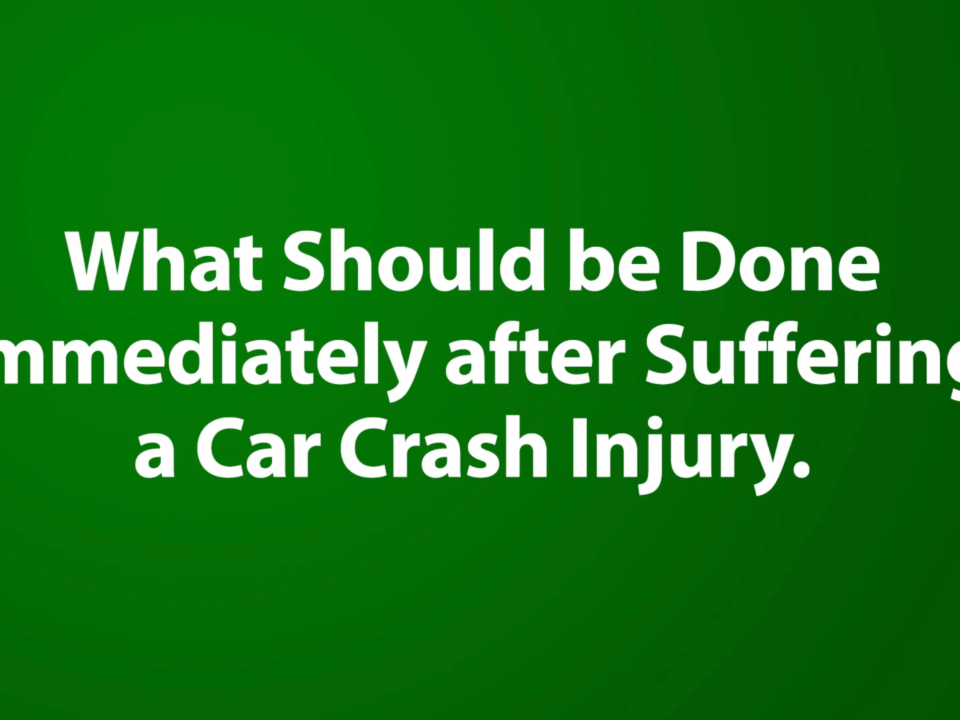
Reliance on evidence is what separates a fair justice system from one based on arbitrariness and tyranny. In civil lawsuits, the judge must decide whether the available evidence supports or refutes the plaintiff’s claim. In personal injury lawsuits, medical records are an essential piece of evidence.
Why are Medical Records So Important in Personal Injury Cases?
In order for a court to rule in favor of the plaintiff on a personal injury case, there must be a preponderance of the evidence pointing to the defendant having breached its duty of care to the plaintiff. Breaching the duty of care simply means that the defendant was not careful enough to prevent a preventable accident. A preponderance of the evidence means that it is more likely than not that the defendant’s negligence was the cause of the accident. It is important that this is a lower standard of proof than in criminal cases, where the prosecution must prove the defendant’s guilt beyond a reasonable doubt.
Medical records are important in demonstrating the following facts to the court:
- Emergency room records show that the plaintiff sustained an injury on a certain date.
- If the plaintiff suffered from chronic pain after the accident, medical records going back several years can show that the plaintiff had no history of chronic pain before the accident.
- Referrals from physicians can show that any treatment the patient received, for the cost of which the plaintiff seeks compensation from the defendant, was medically necessary.
Medical Records by Themselves are Not Enough
Medical records do an excellent job of showing that the plaintiff was injured and that he or she underwent treatment for the injury. To make the strongest possible case in an accident injury lawsuit, however, you should have other evidence to indicate, first, that the injury was the result of an accident, and second, that the accident was due to the defendant’s negligence. The following pieces of evidence are useful in corroborating the evidence shown by the medical records if they are available:
- A police report from a car wreck
- An incident report, if the accident took place at a business
- Photographs from the site of the accident, taken as soon as possible after the accident
- Photographs of the injuries after the crash
- Witness statements
- Video of the incident
- Traffic citations issued
- Calendars documented with missed work or other significant events
The more evidence you have, and the more varied it is, the stronger your case will be.
Contact O’Keeffe O’Brien Lyson Attorneys About Personal Injury Cases
A personal injury attorney like Tim O’Keeffe, Tatum O’Brien, or Sara Monson can help determine what evidence is needed in order to recover compensation for expenses related to your injury. Contact O’Keeffe O’Brien Lyson Attorneys in Fargo, North Dakota to discuss your case or call 701-235-8000 or 877-235-8002.



